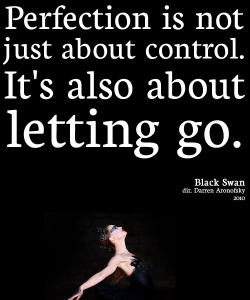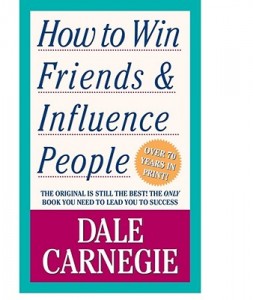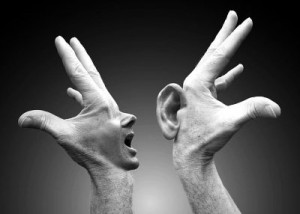Whether you feel that Autism needs to be cured or not, we’ve all had that moment where we thought our newly diagnosed child was doomed to a complicated struggle of a life and that they will never amount to what others see as average, much less the lofty goals and dreams we had before the diagnosis.
There is certainly nothing wrong with this, it is natural. It is a scary thing to have happen to you and to your child.
Less than perfect
For many people, that feeling of disappointment and fear of the future passes. Maybe not entirely, but for the most part. They learn to accept that their child is how they are and that they’re perfectly wonderful just the way they are. It’s certainly not without it’s struggles but parents take each day as they are and love their child unconditionally… no matter what.
Then there are those parents who hold on to that disappointment and will always fear the future. They see their children as damaged or defective and seek vengeance (or justice) on those who are responsible. They will never accept that their child was meant to be how they are.. and who they were meant to be was robbed from them.
I don’t know who is right and I don’t know who is wrong, I don’t know if there is a villain to bring to justice… but what I do know is that no child should ever feel that their parent sees them as less than perfect… much less broken or defective.
Few exceptions
Even a child that does not speak, does not engage their parents, does not play and has all the other “severe” indications of “low functioning” autism can sometimes surprise us. The right tool, device or incentive can help some of these people “find their voice” and show the world what they’re truly made of.
It makes many people think that a lot of autistics have it within them to do this. You, and they, just have to find a way.
If true (which I believe it likely is, at least for some), then the things you say, do and even think will be picked up and even understood by your child. Even more so if your child is able to express themselves and communicate better.
Even if you try to hide it, if you truly believe that your child is broken or defective, it will affect your child. Perhaps the parent is a little less affectionate, perhaps they’re a little less encouraging… these things will resonate with your child. It may be on some subconscious level or it may just be a hint of self doubt that lives within them into adulthood.
Few children are able to excel despite a parent’s disapproval, few children are able to truly be self confident when their own parents do not believe in them first. Some children can overcome that but doesn’t a child with autism have enough to overcome already?
Unconditional love
I’m not saying that you are wrong if you fight for a cure, I’m not saying you’re wrong if you are fighting to put a stop to what ever you believe is the cause of autism… what I am asking for is… please stop seeing your child as broken.
Accepting your child for who they are, right now, right in front of you… it does not mean giving up. It certainly doesn’t mean you don’t care. All it means is that you love your child, through and through, 100%, no matter what.
Know that your child is perfect, know that your child is who they are and encourage them to always be themselves. Know it.
Don’t just think it and don’t just make it something you say so that you can feel better about yourself for making them feel better about themself… you need to believe it. You need to know it.
This is your child and your child deserves that much from you.
Once you believe it, the real miracles start to happen.













